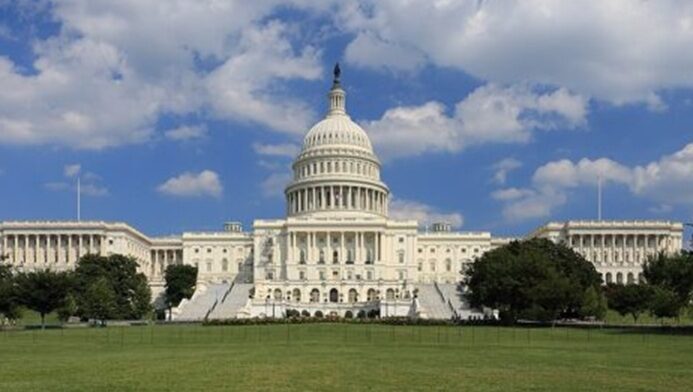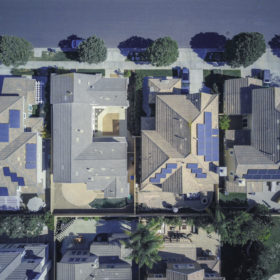The solar industry has won a battle over net metering in Arizona, but the war is far from over. Yesterday afternoon Administrative Law Judge Jane Rodda issued a recommendation that Arizona utility UNS Energy (UNSE) be forced to keep retail-rate net metering until the conclusion of a regulatory hearing on the value of rooftop solar and not be allowed to impose separate rates for PV system owners.
Additionally, the judge has stated that UNSE should not be allowed to retroactively change the rules of net metering, as was done in Nevada. Under her opinion, any changes to the program must be implemented only for systems that apply after these changes are approved.
The judge did recommend that UNSE be allowed to transition customers to time-of-use rates. All of these recommendations are set for a final ruling before the Arizona Corporation Commission (ACC), tentatively scheduled for August 9 and 10.
While UNSE is a small utility, with only 93,000 customers in Santa Cruz and Mojave Counties, this is a tactical victory for the solar industry and solar customers. The decisions of administrative law judges are often adopted by regulators, and the ruling here could be an indication of other battles involving larger utilities in Arizona.
Arizona has been a key battleground for net metering. ACC allowed utility APS to implement the first discriminatory charges on customers utilizing net metering in 2012, which has led to utilities across the United States to seek similar charges.
However, the solar industry has fought tooth-and-nail in the state, with allies including right-wing pro-solar groups. And while the state’s solar market has been impacted by changes to net metering, these changes have not been as severe as those in Nevada, and the market has not suffered as much.
Likewise, while pro-solar groups have not succeeded in electing favorable commissioners to ACC seats, the commission has been at times under intense political pressure. This includes scandals where the relationships between commission members and the utilities they regulate have been publicly investigated.
This content is protected by copyright and may not be reused. If you want to cooperate with us and would like to reuse some of our content, please contact: editors@pv-magazine.com.









2 comments
By submitting this form you agree to pv magazine using your data for the purposes of publishing your comment.
Your personal data will only be disclosed or otherwise transmitted to third parties for the purposes of spam filtering or if this is necessary for technical maintenance of the website. Any other transfer to third parties will not take place unless this is justified on the basis of applicable data protection regulations or if pv magazine is legally obliged to do so.
You may revoke this consent at any time with effect for the future, in which case your personal data will be deleted immediately. Otherwise, your data will be deleted if pv magazine has processed your request or the purpose of data storage is fulfilled.
Further information on data privacy can be found in our Data Protection Policy.